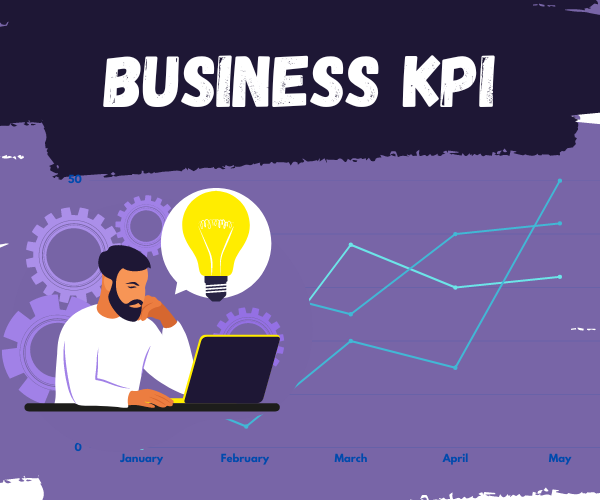
Accounting
Choosing the Right Accounting Software for Your Small Business
Switching
to accounting software is a smart move, but choosing the right one is even more
important. To help simplify the process, we’ve outlined key factors every small
business owner should consider when selecting accounting software.
1. Scope of Business
Start
with your business needs. List the essential accounting tasks you need the
software to handle, such as invoicing, expense tracking, and financial
reporting. Then, assess whether the software meets those needs.
But don’t
stop there. Think ahead—will the software still support your business as it
grows, with more transactions and users?
BMAC
Cloud Accounting Software, for instance, is designed to serve businesses of all sizes and
industries. Whether you’re just starting out or scaling up, BMAC adapts to meet
your needs without skipping a beat.
2. Ease of Use
A major
reason for adopting accounting software is to simplify your business
processes—not complicate them. Look for software that’s intuitive, even for
users with no accounting background.
Key
features to look for:
- Simple Interface: Easily navigate tasks
without prior accounting experience.
- Smart Dashboard: View financial performance
at a glance.
- Payment/Receipt Tracking: Monitor cash inflows and
outflows effortlessly.
- Invoicing: Generate and track customer
invoices quickly.
- Instant Reports: Access detailed but
easy-to-understand reports with one click.
BMAC
Cloud Accounting Software is built with user-friendliness in mind, making it ideal for business
owners with little to no financial expertise.
3. User Security
If you
have employees—or plan to hire—you’ll need software that offers user role
management. This allows you to control what each user can access or modify,
keeping sensitive data protected.
4. Bank Integration
Not all
accounting software integrates with banks. Choose one that does—like BMAC,
which supports bank transaction imports and allows you to connect up to three
bank accounts. This simplifies reconciliations and saves time.
5. Cloud-Based Access
Running a
business doesn’t end when you leave the office. Cloud-based accounting software
gives you access to your financial data anytime, anywhere—whether you’re at
home, traveling, or working remotely.
Cloud
systems also allow real-time collaboration with your accountant or team,
streamlining operations and improving decision-making.
6. Pricing
Cost is
important—but value matters more. A cheaper option may lack critical features,
while a slightly higher-priced solution may offer everything your business
needs.
Do a
price comparison, but don’t forget to weigh the features. The right software
should meet your business needs at a reasonable cost.
7. Data Security
Moving
away from traditional record-keeping means trusting your software with
sensitive financial data. Choose a solution that stores your information
securely in the cloud.
BMAC
Cloud Accounting Software protects your data with high-level encryption. Only you can access your
financial records—not even BMAC staff can see them.
8. Customer Support
No matter
how easy the software is to use, there will be times you need help. Make sure
your provider offers responsive and knowledgeable support.
Before
committing, test the customer service—reach out and see how quickly and
effectively they respond to your inquiries.
Final Thoughts
Choosing
accounting software is a big decision—but it doesn’t have to be overwhelming.
Take your time, weigh your options, and focus on what your business truly
needs.
If you're
short on time, BMAC Cloud Accounting Software—Nigeria’s #1 simplified
accounting solution—comes highly recommended. Trusted by hundreds of businesses
for its simplicity, powerful features, and top-notch security, BMAC is an
excellent choice for small business owners ready to take control of their
finances.




